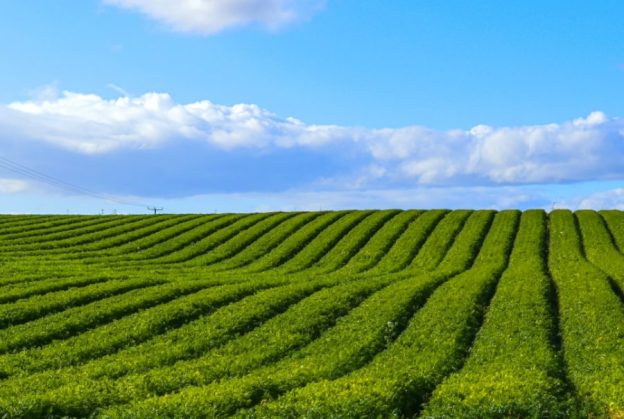Few elements are as important as phosphorous. It is an essential building block for life on earth. At the same time, it is crucial for food production. However, humans don’t manage it very well and scientists are warning of big issues if we don’t make changes. As a top supplier of fertiliser in north England and Scotland, we want to have a look at the concerns here and what we can do.
Diminishing stocks
One of the major issues we are facing is a looming shortage. Phosphorous stocks around the world are massively depleted. In fact, there are only a few countries that have significant deposits. This includes Morocco, China, and Algeria. Other countries, particularly the UK and US, rely on imports.
The problem is that demand for phosphorous is so high. It is vital for crop growth to meet global food demand. Every year around 50m tonnes of fertiliser where it is a key ingredient are sold. There are only a few alternatives, but in many cases they are not available in sufficient amounts.
So, there is a real concern that in the future we could be facing the prospect of shortages as supplies decline. It would mean very high prices, especially in the west. It could put food supplies at risk.
Environmental impact
The wide use of phosphorus fertiliser also causes concerns for the environment. Scientists around the world claim we have been too flippant with using the element. In turn it has resulted in high volumes of it getting into freshwater bodies and the seas. It can have a serious impact on the ecosystems here.
What we need to keep in mind is the phosphorous encourages plant growth. It will do the same with marine plants. Not surprisingly, we are seeing more and more freshwater bodies struggling with algae blooms because of the element. It can kill fish and other marine life because the algae and other plants remove too much oxygen from the water.
Climate change also exacerbates the problem. More warm weather means more frequent algae blooms. This not only harms the marine life. It also releases more methane every time the algae dies and decays, contributing to global warming.
What to do?
We need big changes to prevent the phosphorus shortage and environmental disaster that could happen. A major thing here is to use the fertiliser more sparingly, ensuring maximum efficiency. It is also a very good idea to minimise how much runoff there is to limit how much gets into streams, rivers and lakes.
There is also research to look into things like recycling phosphorous to boost supplies. If successful, it could reduce reliance on extracting more from the earth.
Another option is moving to healthy diets, changing food production. There is a chance here to switch to crops with a low phosphorous footprint.
Talk to us about fertiliser
At JS Hubbuck Ltd, we have a lot of experience with fertilisers. We know how vital they are for agriculture, but also appreciate the impacts they can have on the world. We work to provide supplies to our clients and can also offer advice about storage, use, and more to help improve efficiency.
So, if you need fertiliser please contact us. We are happy to help and always offer a first rate service with friendly advice and more.

